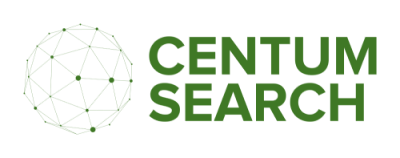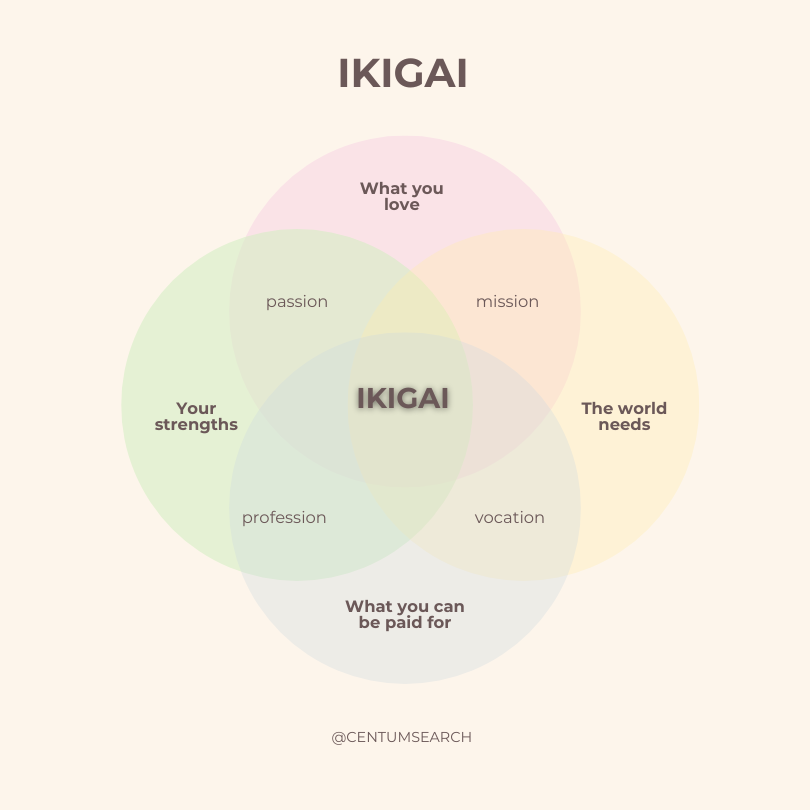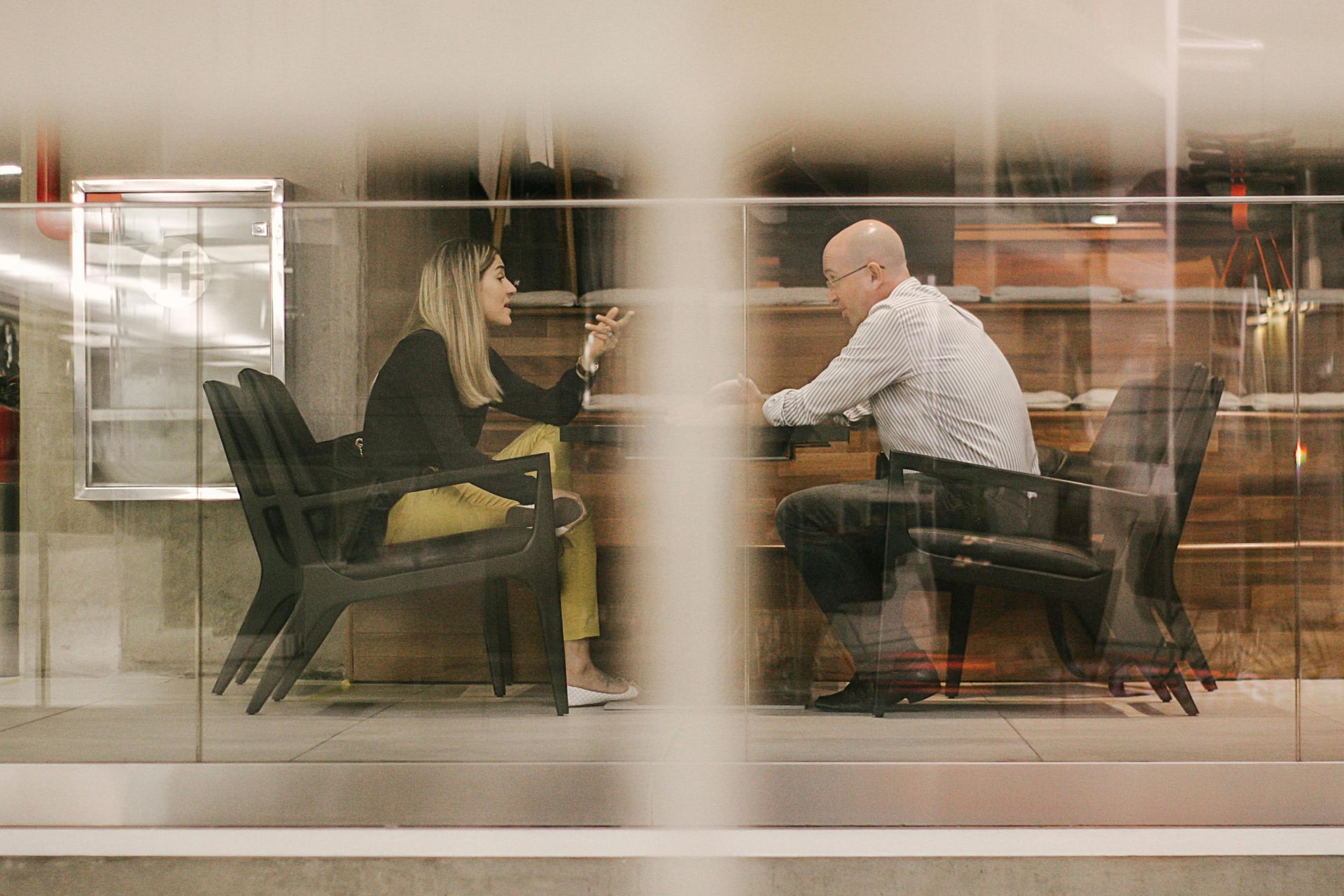Optimizing the Candidate Experience for Better Hiring
Learn how to create a seamless hiring process - from application to onboarding - to improve the candidate experience, reduce drop-offs, and attract top talent.

Candidate experience has become a critical factor in attracting top talent, enhancing employer branding, reducing recruitment costs and increasing diversity and inclusion.
Candidate experience refers to the overall perception and feelings that job seekers have about a company throughout the hiring process. It encompasses every interaction and touchpoint that a candidate has with an organization, from the moment they view a job posting to the application process, interviews, communication, and even post-offer stages like onboarding.
A positive candidate experience makes job seekers feel respected, valued, and informed, regardless of whether they ultimately get the job. A negative experience, on the other hand, can lead to frustration, drop-offs, or even negative reviews of the company, which can harm its reputation.
Gone are the days when a lengthy, manual hiring process was acceptable. Candidates now expect a streamlined approach from application to onboarding.
Key Stats:
- 60% of job seekers abandon job applications due to complexity or length.
- 80% of candidates say that the overall candidate experience they receive is an indicator of how a company values its employees.
- Companies with a streamlined onboarding process see a 50% improvement in new hire retention.
Why Candidate Experience Matters
- First Impressions Count
According to studies, 38% of job seekers are discouraged from applying to companies with poor website design or outdated interfaces. - Competitive Talent Market
Regarding tech hiring, 50% of candidates have received multiple offers by the time they reach the final interview stage. A seamless hiring process can be a deciding factor. - Impact on Employer Brand
A negative candidate experience can have lasting consequences—72% of candidates who have a bad experience share it online or directly with peers. This not only affects the current hiring pipeline but also future recruiting efforts.
How to Optimize Your Candidate Experience
1. Streamlining the Application Process
Simplified Application Forms - Job seekers want simplicity. In fact, Job Seekers often abandon job applications that take longer than 15 minutes to complete. Streamline application forms by asking for only essential information upfront and integrate LinkedIn Easy Apply for convenience.
Mobile-Friendly Design - With 67% of job seekers using mobile devices for job searches, optimizing your application portal for mobile use is essential. A poor mobile experience can result in significant candidate drop-offs.
Clear Job Descriptions - 52% of job seekers report frustration with vague job descriptions. Use clear, concise language to outline responsibilities, qualifications, and company culture. A well-written job description not only improves application rates but also helps you attract more qualified candidates.
2. Enhancing Communication Throughout the Hiring Process
Automated Updates - Candidates want consistent communication throughout the hiring process. Using automated updates keeps candidates informed after each stage, reducing uncertainty and maintaining engagement.
Timely Responses - Studies show that 70% of job seekers lose interest in a job if they don’t hear back from an employer within one week after an interview. Prompt communication and interview scheduling are critical to keeping candidates engaged, especially in tech recruitment.
3. Virtual Interviews: Creating a Positive Experience
Choose the Right Tools - Virtual interviews have become the norm, with more employers conducting remote interviews during the hiring process. Ensuring the use of reliable video platforms with easy interfaces prevents technical glitches that can frustrate candidates.
Set Expectations - Providing clear instructions for virtual interviews reduces stress for candidates. Candidates say they prefer knowing exactly what to expect, including interview format, time zones, and video setup tips.
Offer Flexibility - Flexibility during the interview process can make a significant difference in candidate experience. Job Seekers say they appreciate flexible interview times, especially in tech roles where candidates may be in different time zones.
4. A Smooth Onboarding Experience
Pre-boarding Engagement - 83% of companies that engage new hires before day one report higher employee engagement in the first 90 days. Digital tools such as welcome emails, online handbooks, and pre-recorded onboarding videos can help keep new hires engaged.
Automated Onboarding Workflow - Companies that automate their onboarding process experience faster new hire productivity and fewer employee errors . This digitized process ensures new hires feel welcome and empowered to contribute from day one.
5. Leveraging Feedback to Improve the Process
After each hire, gathering candidate feedback and the hiring team is crucial. Incorporating feedback not only improves future hiring processes but also enhances your employer brand.
In conclusion, optimizing the candidate experience is essential to attract and retain top talent. From application to onboarding, creating a seamless, positive experience reduces drop-offs and enhances your employer brand. Implementing these strategies ensures you stay competitive in hiring the best talent.
The insights from this article were informed by research from Recruit CRM, TalentAdore, Field of Talent, and Knowledge City.
Subscribe to our newsletter!
We will get back to you as soon as possible.
Please try again later.
Resources for Careers, Talent Acquisition and Management

a b c d e f g h i j k l m n o - Do not remove from template!!! it is important to support different fonts
Questions?
Contact Us
Thank you for contacting us!
We will get back to you as soon as possible!
Oops, there was an error sending your message.
Please try again later.


